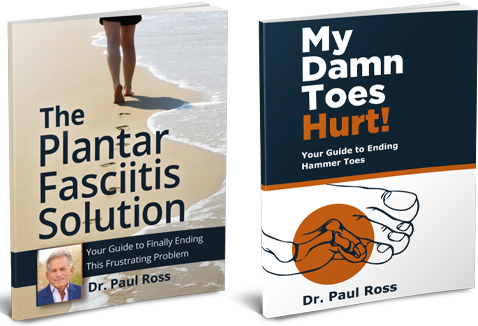 When it comes to matters of the foot, our Springfield VA podiatrist says bunions are always a popular topic. A common foot disorder, bunions can be painful and, if left untreated, can lead to other ailments. Maintaining healthy feet is essential to your overall health and should always be a high priority. Our Springfield podiatrist wants to provide you with the proper knowledge of how to treat bunions and prevent their progression.
When it comes to matters of the foot, our Springfield VA podiatrist says bunions are always a popular topic. A common foot disorder, bunions can be painful and, if left untreated, can lead to other ailments. Maintaining healthy feet is essential to your overall health and should always be a high priority. Our Springfield podiatrist wants to provide you with the proper knowledge of how to treat bunions and prevent their progression.
Learn the Truth About Bunions from Our Springfield VA Podiatrist
What are Bunions?
From the outside, a bunion appears as a bump on the side of the big toe. The bump pushes the big toe toward the second toe, as opposed to pointing straight. Over time, this leads to a misalignment of the bones and slowly produces the visible bump known as a bunion. Bunions can cause soreness, inflammation, and even numbness in your toes. A progressive foot disorder, if left untreated, bunions will worsen with time. Our Springfield podiatrist urges you to schedule a consultation if you're experiencing any of these symptoms.
What Causes Bunions?
The primary cause of bunions is unknown, but many believe genetics plays a role. Those who naturally overpronate, for example, can be more likely to develop bunions. The shoes you wear don’t necessarily cause bunions, but they can contribute to the discomfort associated with the disorder. It’s essential to avoid wearing narrow shoes with a high heel as this puts pressure on the sides of your feet and causes irritation. According to our Springfield VA podiatrist, bunions can also form as a result of trauma or an injury.
Keep Bunions Away – See Our Springfield VA Podiatrist
How to Treat Bunions
Our Springfield podiatrist recommends nonsurgical treatments, such as rest and wearing loose shoes with the proper support to relieve the discomfort of bunions. Bunion shields or pads can also alleviate pain by reducing the pressure on the bunion. Depending on the advancement of your condition, custom insole orthotics can slow the progression of the bunion. For those with severe cases, surgery may be required. If you’re experiencing persistent pain, contact our Springfield VA podiatrist for a consultation.
The information provided in this article is not meant to be medical advice and is for educational purposes only. If you would like to learn more about this and other topics related to podiatry, feel free to contact The Podiatry Center, with a convenient podiatry office near Springfield VA, by clicking here or by calling 301.656.6055.

